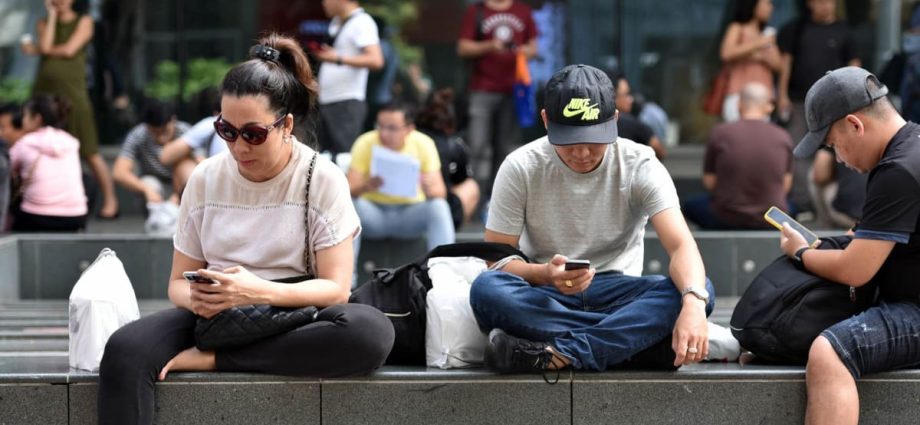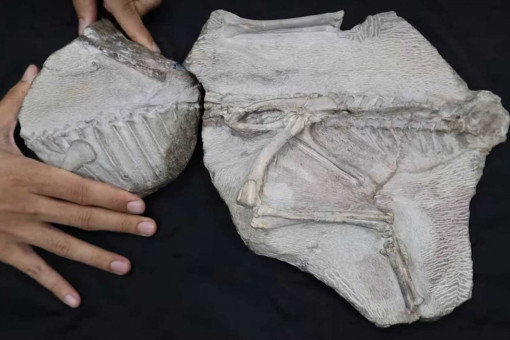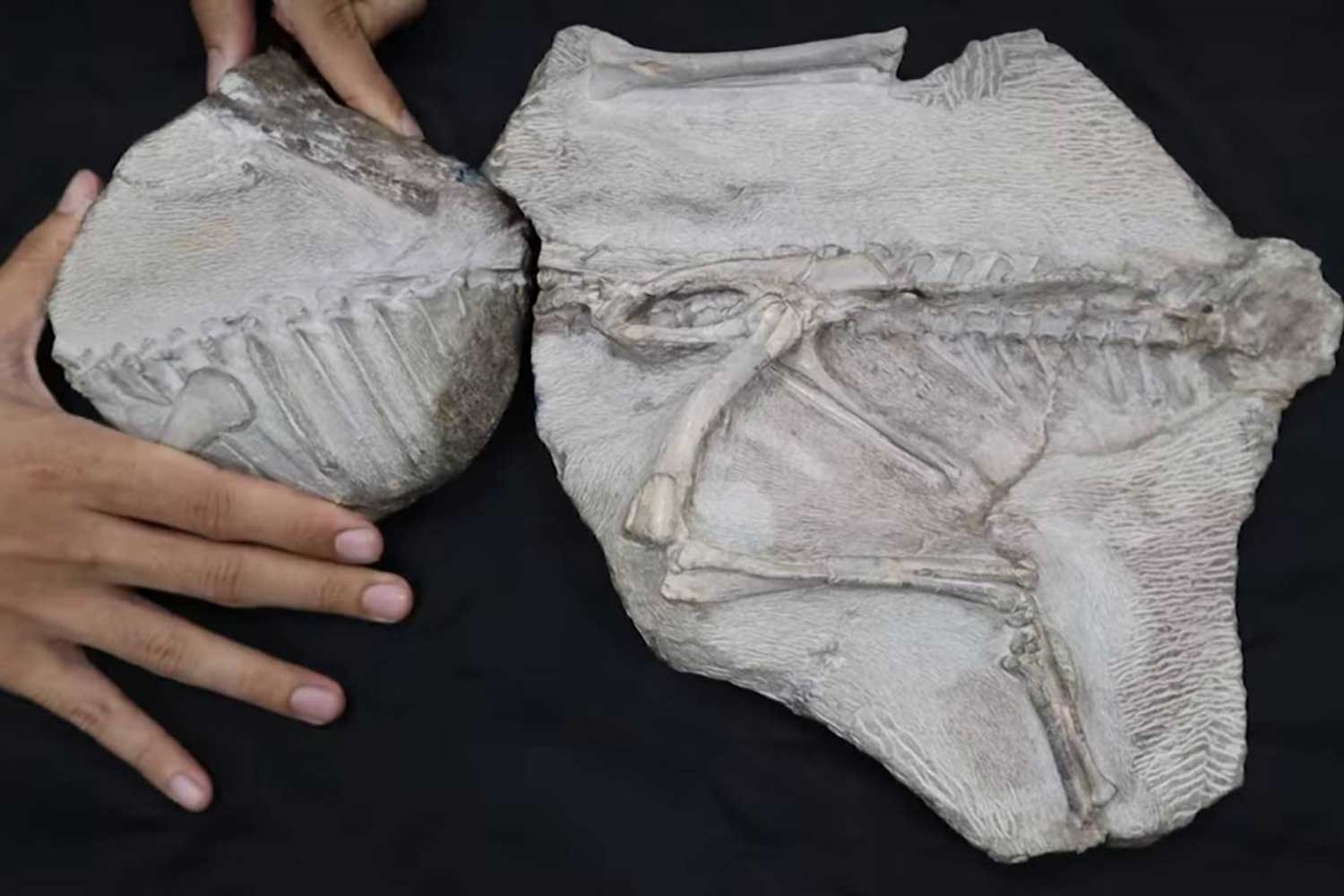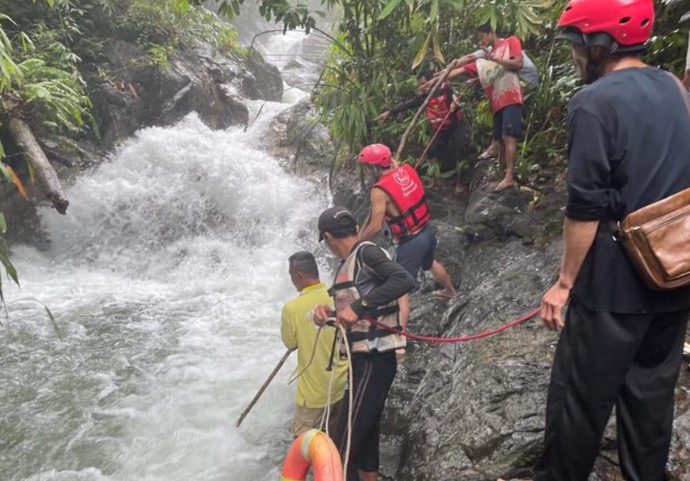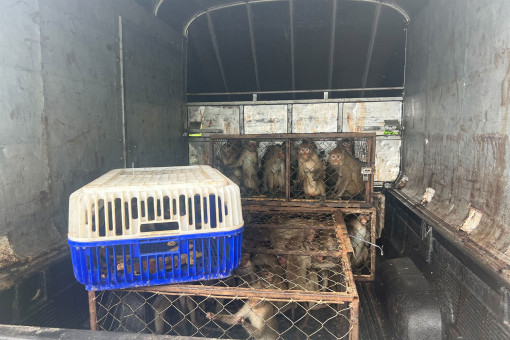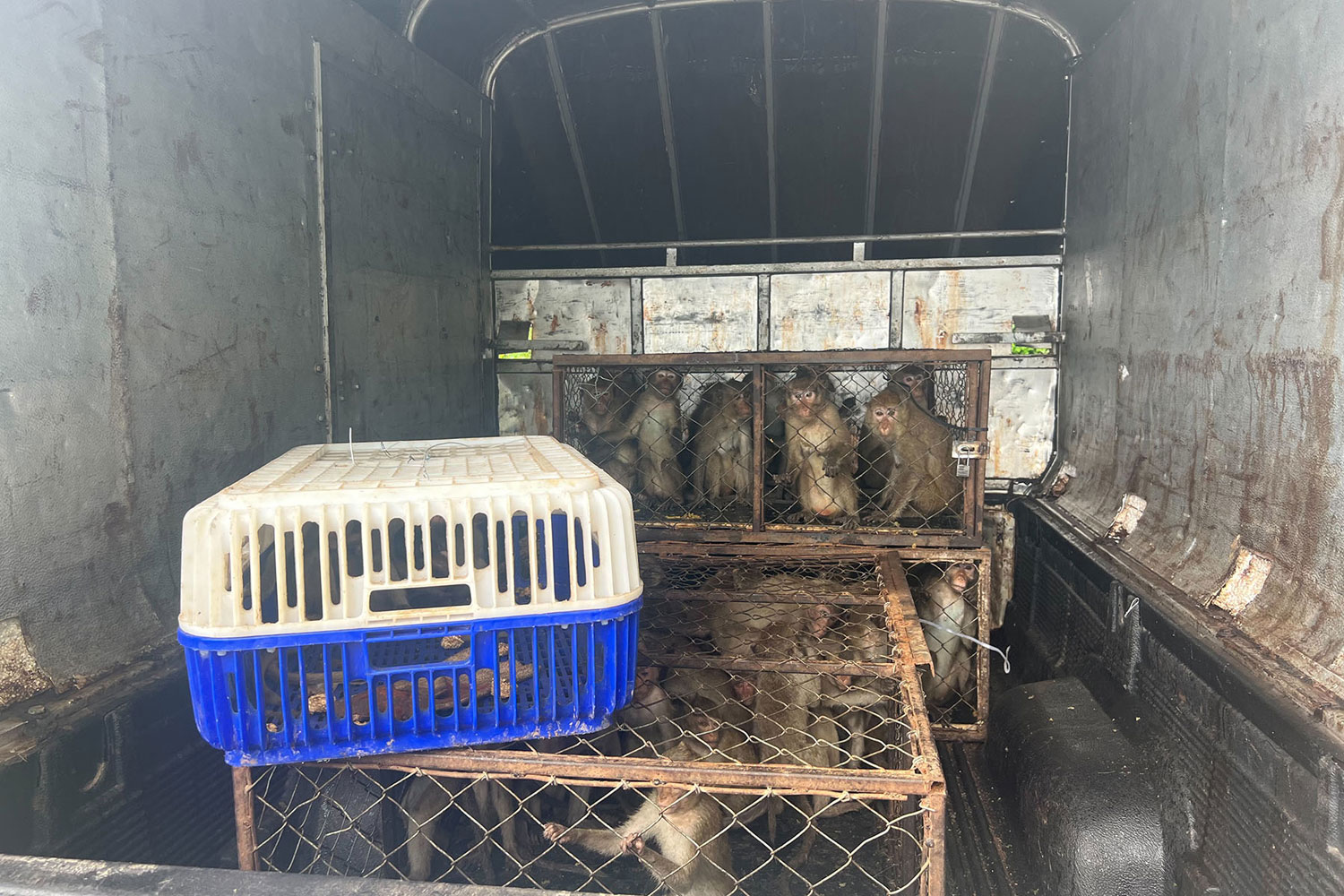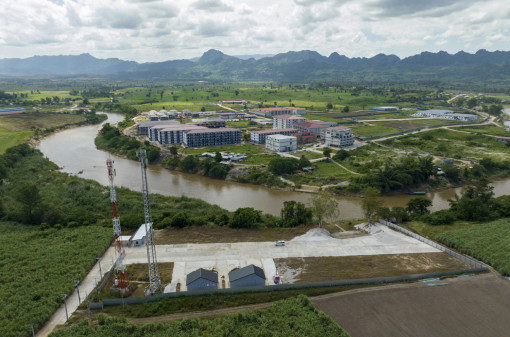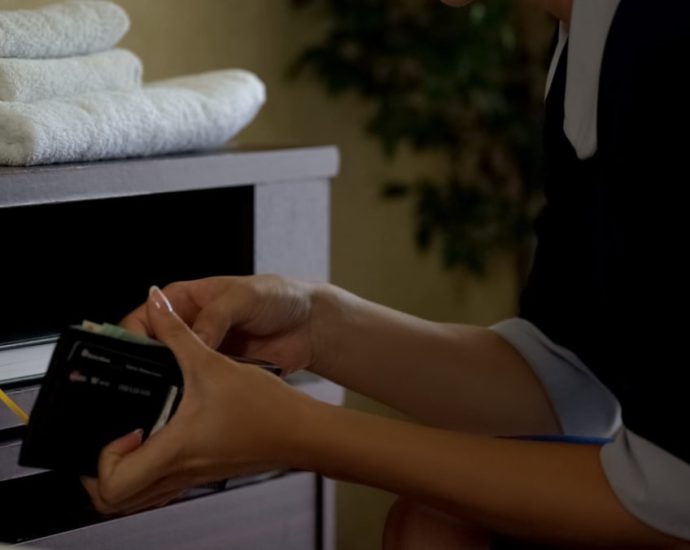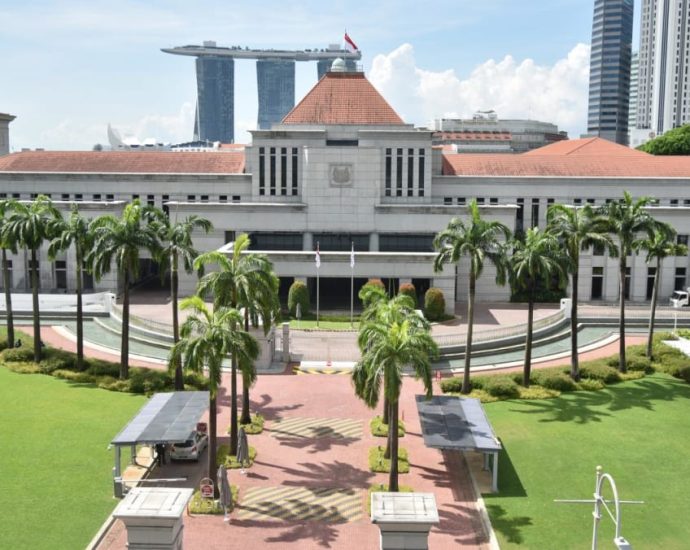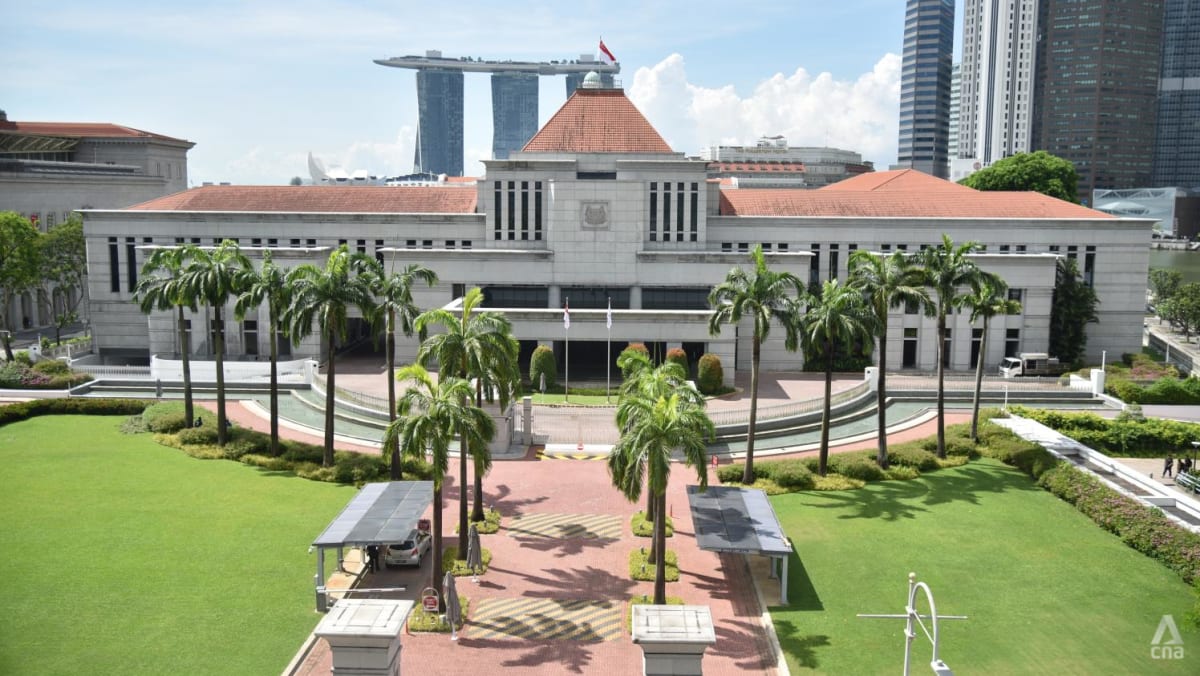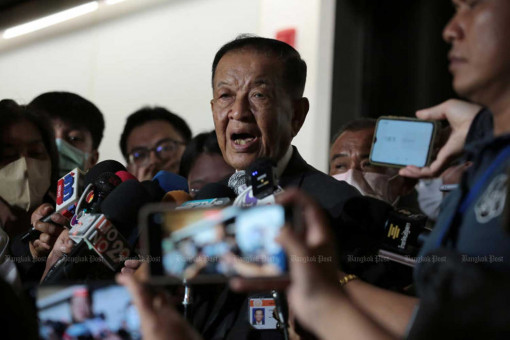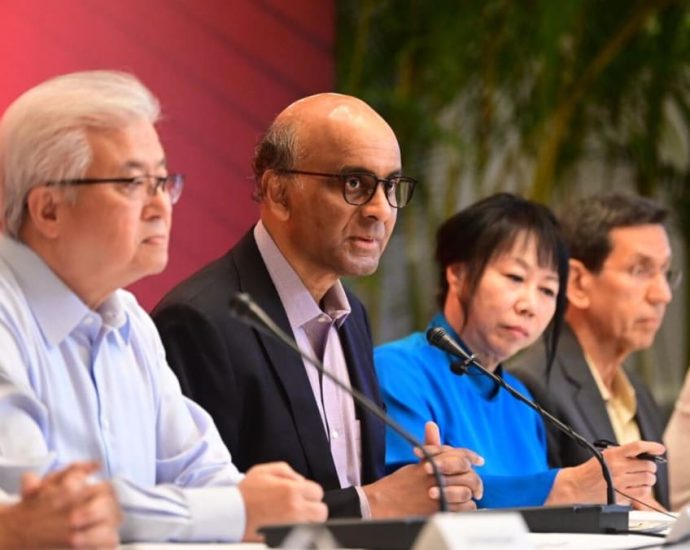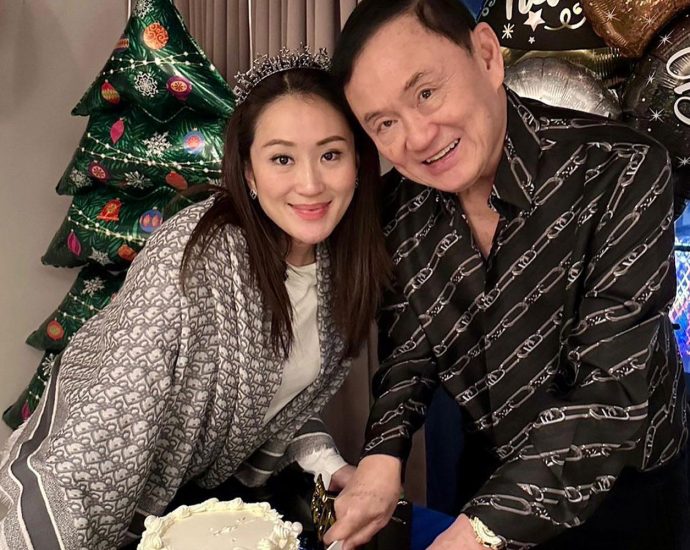FAQ: What you need to know ahead of the impending 3G shutdown
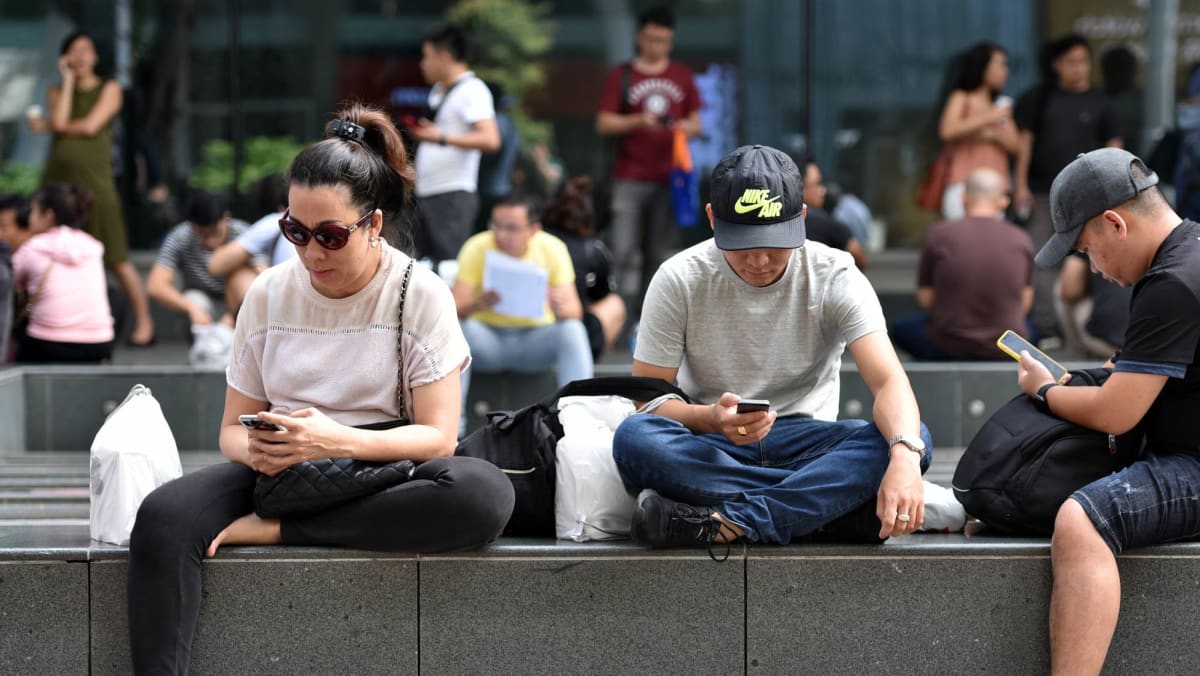
SINGAPORE: It’s official: 3G is on its way out.
Mobile network operators Singtel, StarHub and M1 will sunset their 3G services by the end of July 2024, closing the book on the third generation of mobile phone technologies that has been in use since 2005.
The telcos will have a year-long transition period to engage and migrate their remaining 3G subscribers, before retiring the service, the Infocomm Media Development Authority (IMDA) said on Wednesday (Jul 26).
Here’s what you need to know about 3G’s long goodbye, and how to find out if you will be affected.
Q: Why shut down 3G?
In its announcement, the IMDA cited “advancements in the mobile communication space where 3G has been largely replaced by 4G and 5G”.
Close to 99 per cent of Singapore’s mobile subscribers are on 4G or 5G.
The 3G subscriber base makes up about 1 per cent of the total mobile subscriptions as of April, and IMDA said it is on the decline.
According to the authority’s statistics on telecom services, there were 109,000 combined post and pre-paid 3G subscriptions in Singapore in April 2023.
Singtel, StarHub and M1 will follow their Australian and British counterparts in deciding to retire their 3G services by 2024, with the US and Malaysia having already done so.
Q: How do I know if I have to switch my plan or device?
According to Singtel, customers can easily check if their current device or plan is still on 3G.
If the network status bar – typically found on the upper right corner on most phones – has a 3G or H+ symbol all the time, chances are that you’ll have to make the switch to 4G or 5G.
Customers still using a 3G SIM card will have received an SMS or direct mailer from Singtel informing them of the need to upgrade their SIM card, the telco said.
M1 has also said that its 3G-only customers will be contacted by email and SMS.
After the shutdown on Jul 31, 2024, mobile users who still remain on 3G-only SIM cards or devices will not be able to use or receive voice, SMS or data services.
Q: What are the options for 3G subscribers?
The three main telcos will use the next year to migrate their remaining 3G subscribers before eventually retiring their 3G services.
Individual users will be given the option to convert to 4G plans “on terms that are no worse-off”, said the IMDA. A range of mobile phone options at different price points will also be provided.
Singtel and M1 are offering migrating postpaid customers S$0 options for 5G-enabled handsets, while StarHub said that 4G and 5G handsets will be “available at different price points”.
SIM card upgrades are free for customers of all three telcos.
StarHub has stated on its website that all its SIM cards support 4G services, while M1 will provide free upgrades to 5G SIM cards.
Singtel will also provide free one-time upgrades from 3G SIM cards. Postpaid customers may visit any Singtel shop or exclusive retailer with their original identification documents for the upgrade.
For enterprise 3G users, support will be given to help them migrate to 4G or other alternative services while minimising disruption to their existing services, said IMDA.
Q: Besides phones, what other devices will be affected?
The impending shutdown will have an impact on more than just mobile phone users. Customers might have some decisions to make for their IoT (Internet of Things) devices which might run on 3G technology.
Sectors such as retail, transportation or medical that rely on 3G technologies for specialised equipment – such as point-of-sales terminals, tracking devices and sensors – will similarly need to future-proof their devices.
“The shutdown is going to affect all devices that rely on 3G for connectivity,” M1 said.
“Think tablets, smartwatches, home alarm, medical alert devices, car navigation systems and even entertainment setups.”

